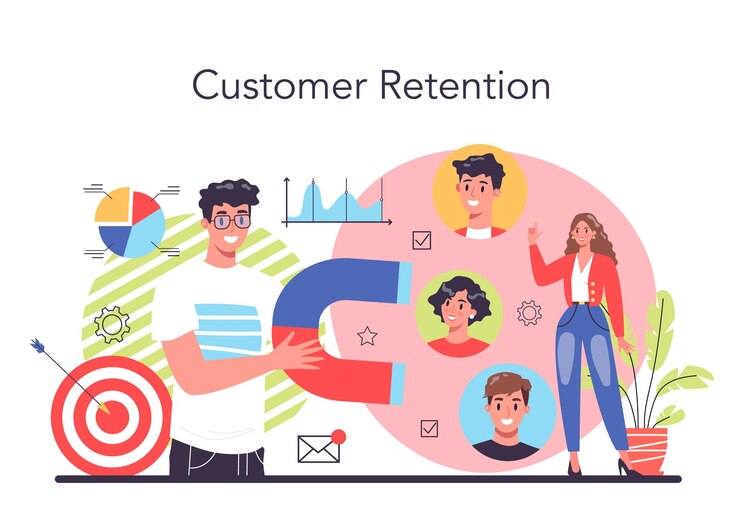In today’s dynamic global economy, businesses face unprecedented challenges and opportunities. From digital transformation to evolving consumer preferences, staying ahead requires agility, innovation, and a strategic mindset. Let’s explore key facets of modern business and strategies for navigating them effectively:
Embracing Digital Transformation: The Shift to a Digital-First Approach
The digital revolution has fundamentally reshaped how businesses operate and engage with customers. Embracing digital transformation involves leveraging technology to streamline processes, enhance customer experiences, and drive operational efficiency. From cloud computing and data analytics to AI-powered insights, businesses that adapt quickly to digital trends gain a competitive edge in scalability and responsiveness.
Customer-Centric Strategies: Building Relationships in a Digital Age
In an era of heightened customer expectations, successful businesses prioritize personalized experiences and meaningful engagement. Understanding customer preferences through data analytics enables targeted marketing campaigns and product innovations that resonate with their needs. By fostering strong customer relationships and delivering value consistently, businesses can cultivate loyalty and advocacy in a crowded marketplace.
Sustainability and Corporate Social Responsibility (CSR): Beyond Profitability
Today's consumers and investors increasingly value businesses that prioritize sustainability and CSR initiatives. Adopting environmentally responsible practices not only enhances brand reputation but also reduces operational costs and attracts socially conscious consumers. From adopting renewable energy solutions to promoting ethical supply chain practices, integrating sustainability into business strategies is essential for long-term viability and relevance.
Agile Leadership and Adaptability: Navigating Uncertainty
In a rapidly changing business landscape, agile leadership is crucial for navigating uncertainty and driving innovation. Leaders who foster a culture of adaptability empower teams to embrace change, respond to market shifts, and capitalize on emerging opportunities. By encouraging experimentation and learning from failure, businesses can foster a resilient organizational culture that thrives in dynamic environments.
Globalization and Market Expansion: Strategies for Growth
Globalization offers businesses access to new markets and diverse talent pools, but it also presents challenges such as cultural nuances and regulatory complexities. Successful market expansion strategies involve thorough market research, localization of products/services, and strategic partnerships with local entities. By understanding regional dynamics and adapting business models accordingly, organizations can effectively navigate global markets and achieve sustainable growth.
Conclusion: Thriving in the Era of Business Innovation
As the business landscape continues to evolve, success hinges on embracing change, leveraging technology, and prioritizing customer-centricity and sustainability. By adopting a forward-thinking approach to digital transformation, fostering agile leadership, and expanding strategically into new markets, businesses can position themselves as leaders in their industries. In a world where adaptation and innovation are key, staying ahead requires continuous learning, adaptation, and a commitment to excellence in all facets of business operations.








